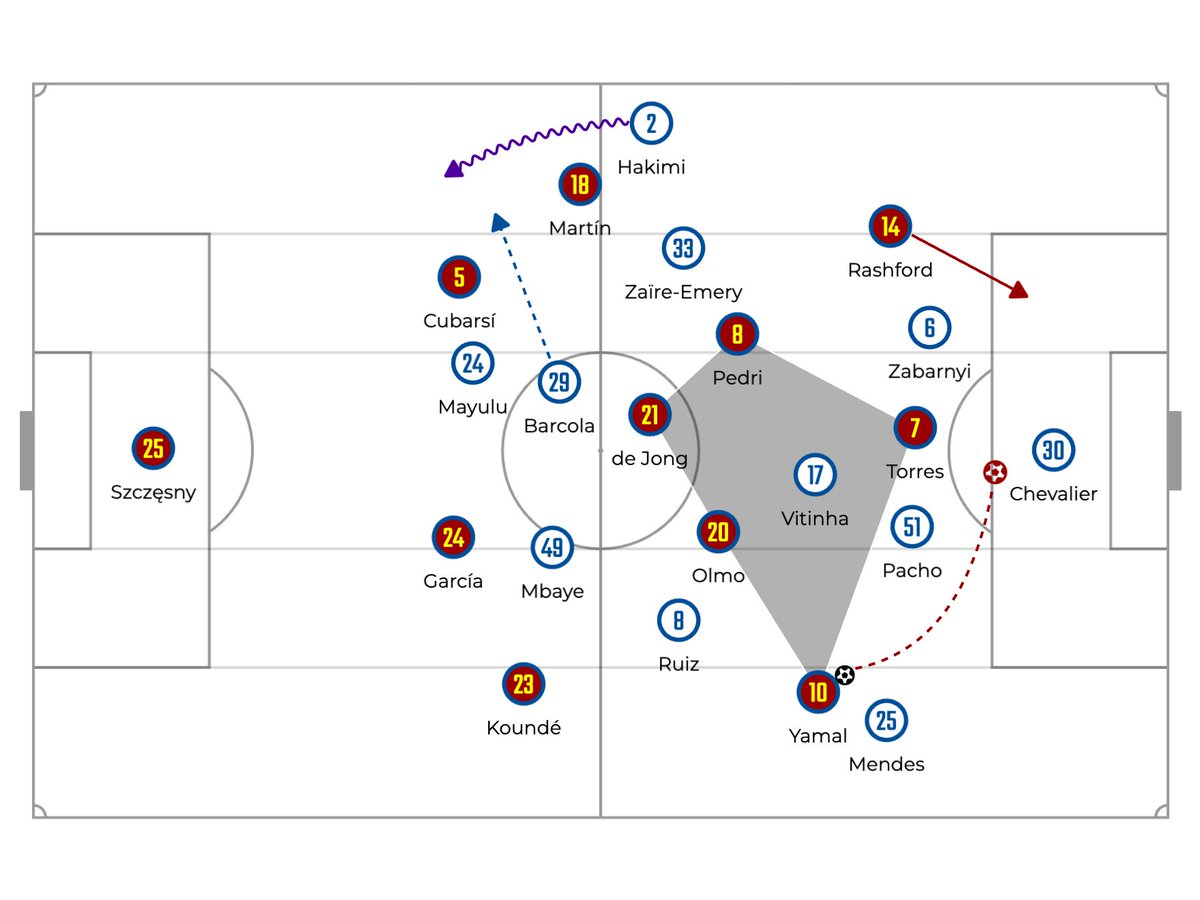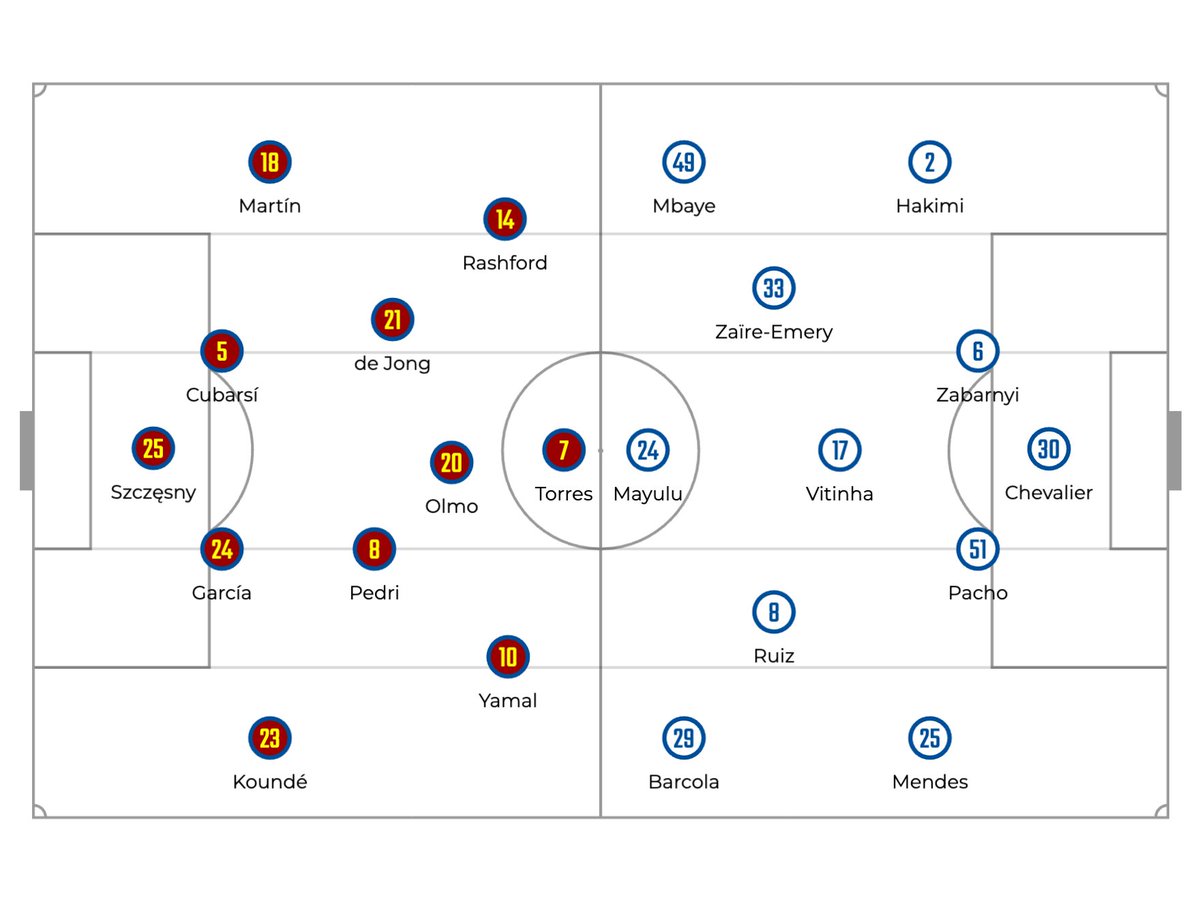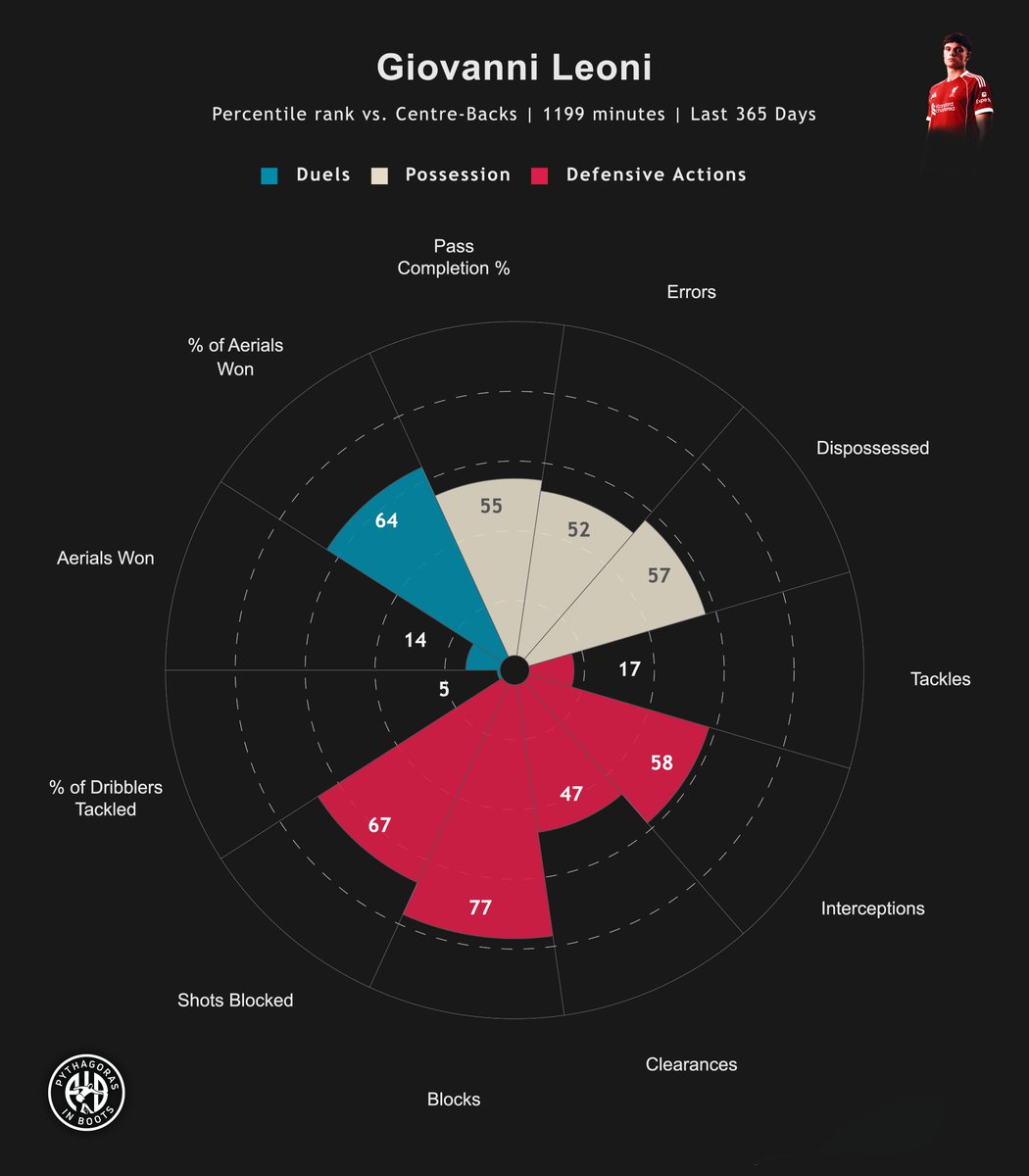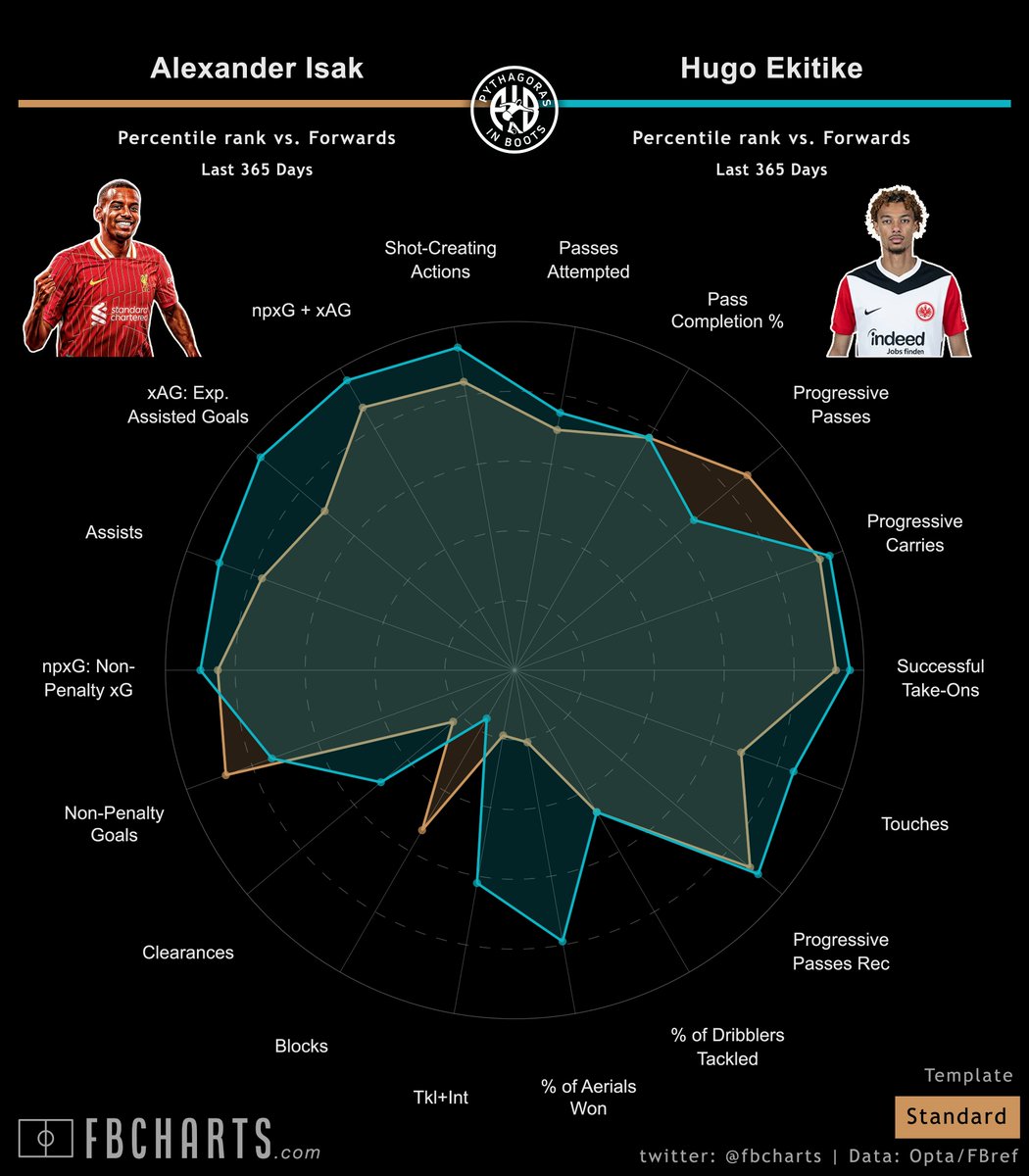#NEDUKR Euro 2020 - Tactical Thread
Key Points:
⚫️Ukraine too much distance between defence, midfield and attack.
⚫️De Jong & Wijnaldum = Press Resistance Overload
⚫️Dutch build up down left and switch to Dumphries
⚫️Comeback!! No..
CC: @TacticalPad
#EURO2020 #NED #UKR
Key Points:
⚫️Ukraine too much distance between defence, midfield and attack.
⚫️De Jong & Wijnaldum = Press Resistance Overload
⚫️Dutch build up down left and switch to Dumphries
⚫️Comeback!! No..
CC: @TacticalPad
#EURO2020 #NED #UKR

Dutch attack down the left, with Blind to LB and Van Aanholt and Depay occupying the wing. This forced Ukraine to shift across and get bodies over to that side of the pitch.
As is the Dutch way, they then played the switch to Dumfries again and again - and he finally delivered.
As is the Dutch way, they then played the switch to Dumfries again and again - and he finally delivered.

Ukraine struggled to get the ball off the Dutch, as they possess two of the best press resisting midfielders in the world.
De Jong and Gini kept wriggling out of tight situations and feeding their forwards or wing backs.
De Jong and Gini kept wriggling out of tight situations and feeding their forwards or wing backs.
Ukraine distances between defence, midfield and attack was huge. They looked like strangers compared to the slick and cohesive Dutch.
Whilst stretching the team to cover the pitch can do the same to the opposition, it makes it very hard to connect passes together - isolated.
Whilst stretching the team to cover the pitch can do the same to the opposition, it makes it very hard to connect passes together - isolated.

Not convinced by midfield combination of Ukraine off the ball - but it may be that the Dutch with two 8's pushing high were kryptonite for this midfield set up (top heavy).
Against more conservative midfields they may be okay - but they were left for dead in the first goal.
Against more conservative midfields they may be okay - but they were left for dead in the first goal.
There was not anything really tactical about Ukraine's come back, it just came against the run of play. Great shot by Yarmalenko - but sending him on to his left foot was comical defending.
To have drawn this game would have been tragic for the Dutch as they were far superior.
To have drawn this game would have been tragic for the Dutch as they were far superior.
The Dutch impressed me overall. I was not terribly convinced by their manager going into this tournament and I still do not think they will win but they have a good route in this tournament and they will be a good watch for the neutral.
My favourite game so far in the Euro's.
My favourite game so far in the Euro's.
If you've enjoyed this thread, consider following and retweeting it as we will be doing post match threads for all the games during #EURO2020 , as well as match previews for all the upcoming match days on our website:
pythagorasinboots.com/euro-2020/
pythagorasinboots.com/euro-2020/
• • •
Missing some Tweet in this thread? You can try to
force a refresh























